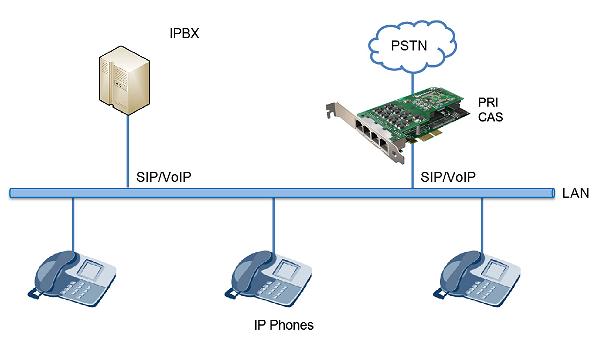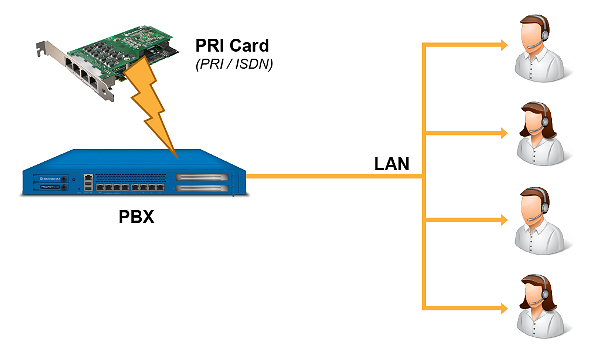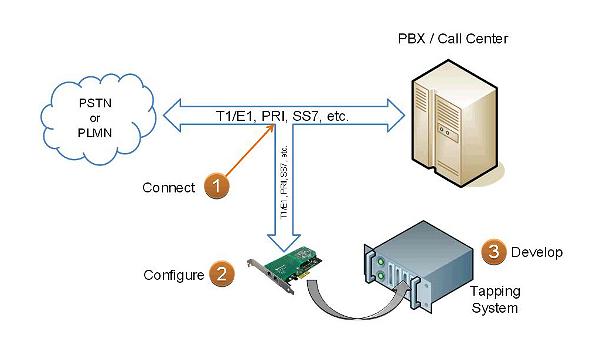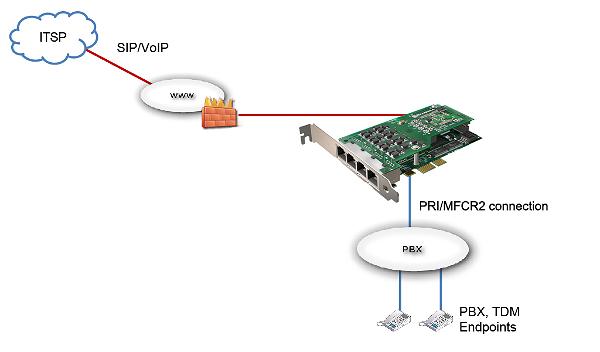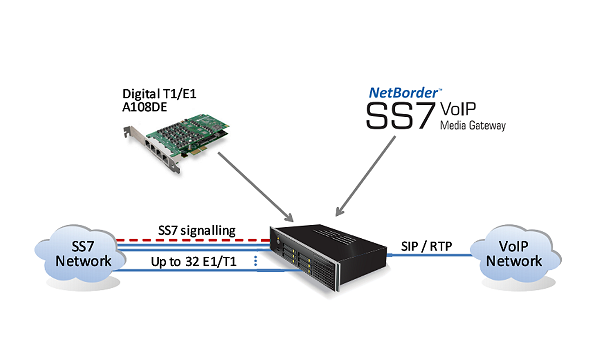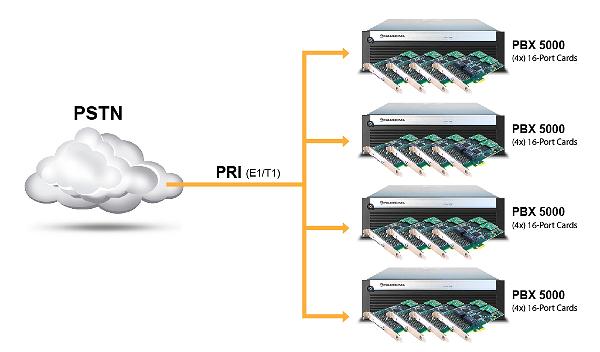- HOME
- PRODUCTS
- SOLUTIONS
- Service Providers
- Secure Remote User Management
- Microsoft Lync Skype for Business: All-in-One Solution
- Enterprise Communications
- Affordable PBX Platforms
- Branch Office Survivability
- Call Recording Directly From T1/E1
- Connecting Legacy Equipment to an IP PBX
- Connect Legacy Equipment to Next Generation IP PBXs
- Contact Centers
- Fax over IP
- Interactive Voice Response
- IP-PBX Systems
- Lync Interworking with IP-PBX
- Remote Office Connection without VPN
- SIP Trunking – Enterprise
- Education
- OEM
- Developers and Integrators
- PURCHASE
- RESOURCES
- NEWS & EVENTS
- SUPPORT
- CONTACT US
- HOME
- PRODUCTS
- SOLUTIONS
- Service Providers
- Secure Remote User Management
- Microsoft Lync Skype for Business: All-in-One Solution
- Enterprise Communications
- Affordable PBX Platforms
- Branch Office Survivability
- Call Recording Directly From T1/E1
- Connecting Legacy Equipment to an IP PBX
- Connect Legacy Equipment to Next Generation IP PBXs
- Contact Centers
- Fax over IP
- Interactive Voice Response
- IP-PBX Systems
- Lync Interworking with IP-PBX
- Remote Office Connection without VPN
- SIP Trunking – Enterprise
- Education
- OEM
- Developers and Integrators
- PURCHASE
- RESOURCES
- NEWS & EVENTS
- SUPPORT
- CONTACT US
- HOME
- PRODUCTS
- SOLUTIONS
- Service Providers
- Secure Remote User Management
- Microsoft Lync Skype for Business: All-in-One Solution
- Enterprise Communications
- Affordable PBX Platforms
- Branch Office Survivability
- Call Recording Directly From T1/E1
- Connecting Legacy Equipment to an IP PBX
- Connect Legacy Equipment to Next Generation IP PBXs
- Contact Centers
- Fax over IP
- Interactive Voice Response
- IP-PBX Systems
- Lync Interworking with IP-PBX
- Remote Office Connection without VPN
- SIP Trunking – Enterprise
- Education
- OEM
- Developers and Integrators
- PURCHASE
- RESOURCES
- NEWS & EVENTS
- SUPPORT
- CONTACT US
The Most Reliable and Flexible Telephony Cards on the Market
Sangoma’s award winning E1/T1 Digital telephony cards are renown for their premium quality and dependability and are powering the world’s leading PBX, IVR and call center applications. They are also the most flexible on the market, with superior compatibility in most commercially available servers and motherboards, and supported in most Linux and Windows operating systems. They are the number 1 choice amongst Asterisk, FreePBX, SS7 and Voice API integrators with a wide range of protocol support including PRI, CAS MFCR2, SS7 and WAN protocols.
Choose from 1,2,4,8 and even 16 ports of E1/T1/J1 optimized for voice and data applications. That’s up to 480 simultaneous voice calls or 32,768 Mpbs of full duplex data, all on a single PCI/PCIexpress interface slot!. On-board telco-grade echo cancellation is available on all cards offering superior audio quality as well as reduced CPU usage providing optimized system performance.
A key component driving the success of our cards is the Wanpipe device driver. Not only does it function as a robust device driver, but also offers a suite of diagnostic functionality, such as on-board PCAP line tracing (signaling and RTP), line statistics and even audio tracing! The Wanpipe driver can also improve your Asterisk system performance by 70%, which means more simultaneous calls and increased ROI!
| 14 Ways Sangoma Cards Makes Asterisk Better |
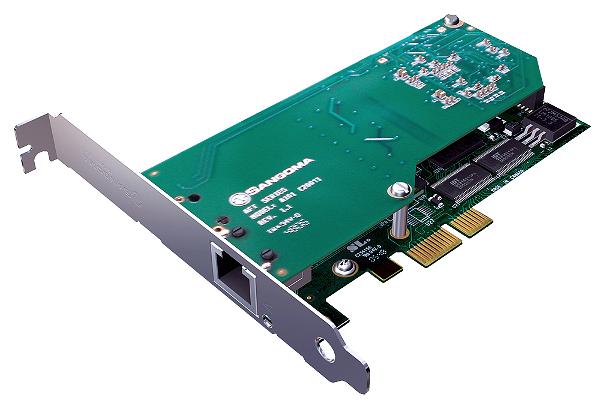 A101
$540.00View Demo
|
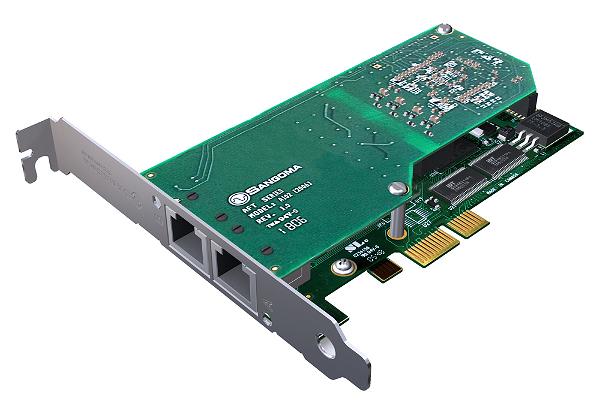 A102
$900.00View Demo
|
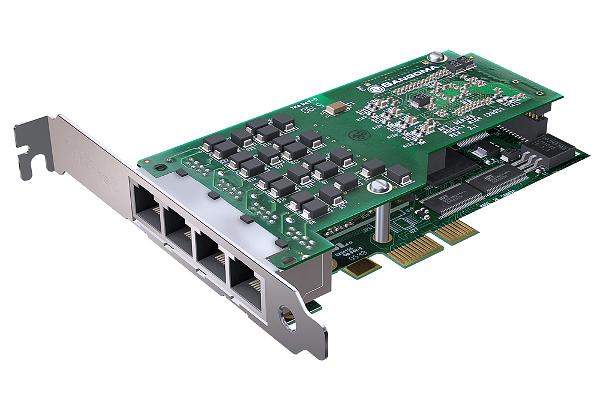 A104
$1,530.00View Demo
|
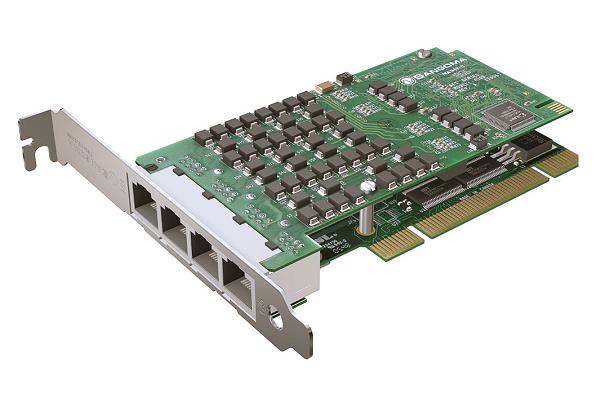 A108
$2,610.00View Demo
|
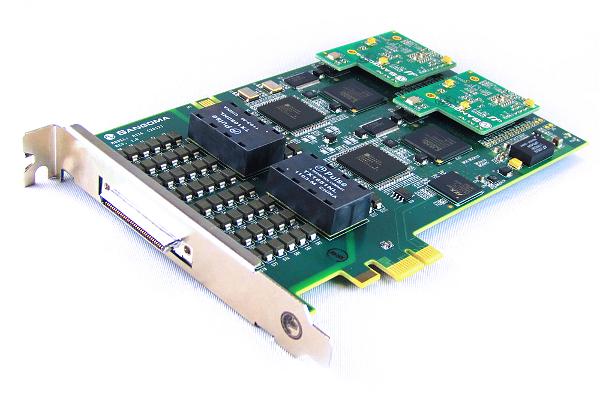 A116
$3,348.00View Demo
|
All Digital Telephony Cards Support the Following:
- Protocol Support: CAS, MFC/R2, PRI, SS7, HDLC, Frame Relay, X.25, Transparent bit-stream
- Available in PCI and PCI Express in 2U form factor
- Carrier-Grade hardware Echo Cancellation options
- Includes on-board diagnostic tool kit
- Supports most motherboards & servers
- Linux and Windows Supported
- Supports Asterisk, FreePBX, proprietary PBX, IVR and more
- Life time Warranty
Install Sangoma award Winning telephony cards into your own hardware to create the following types of solutions
|
PBX Support
|
Operating System Support
|
Server and Motherboard Support
|
|
DSP Echo Canceller
|
Diagnostic Tools
|
Wiring Connections
|
Interfaces
|
Telephony Interfaces
|
E1/T1 Protocols
|
PCI Interfaces
|
Hardware
|
Certification
|
Dimensions
|
Mounting
|
Environmental
|
Power Supply
|
A101
|
A102
|
A104
|
A108
|
A116
|
Copyright © 2025 avvoip.com All rights reserved 






